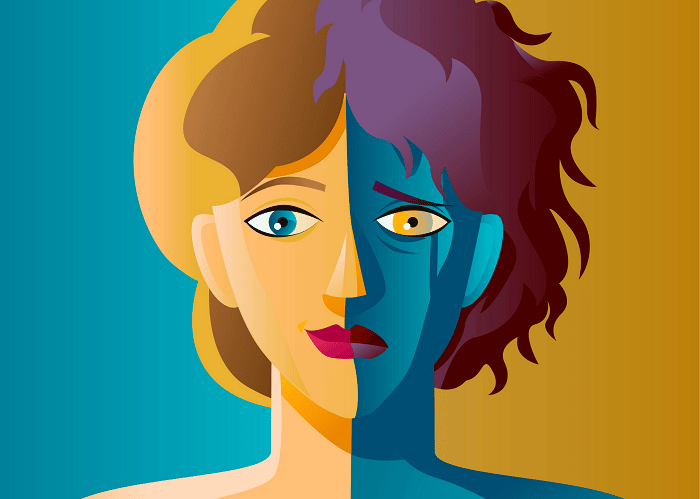
Nurturing Stability: CAMHS Support for Bipolar Disorder
Bipolar disorder is a complex mental health condition characterized by extreme mood swings, ranging from manic highs to depressive lows. It affects millions of individuals worldwide, including children and adolescents. The impact of bipolar disorder on a young person's life can be significant, which is why specialized support from Child and Adolescent Mental Health Services (CAMHS) is crucial. In this blog, we will explore how CAMHS plays a pivotal role in providing comprehensive care and support for individuals with bipolar disorder.
Understanding Bipolar Disorder
Bipolar disorder is a chronic condition that involves episodes of mania (elevated mood, excessive energy) and depression (profound sadness, low energy). These mood swings can disrupt daily life, relationships, and academic performance. Bipolar disorder is believed to have a combination of genetic, environmental, and neurobiological factors contributing to its development.
Role of CAMHS in Bipolar Disorder Treatment
Child and Adolescent Mental Health Services (CAMHS) specialize in providing mental health support to individuals under the age of 18. CAMHS teams consist of psychiatrists, psychologists, therapists, nurses, and other professionals who work collaboratively to address the unique challenges faced by young individuals with bipolar disorder.
1. Early Identification and Diagnosis
CAMHS plays a vital role in early identification and accurate diagnosis of bipolar disorder in children and adolescents. Through comprehensive assessments, including interviews, observations, and psychological tests, CAMHS professionals can differentiate bipolar disorder from other mental health conditions, ensuring appropriate treatment strategies are implemented.
2. Medication Management
Medication can be an integral part of bipolar disorder treatment. CAMHS psychiatrists work closely with individuals and their families to prescribe and monitor medication to stabilize mood swings. They provide education on the benefits, potential side effects, and the importance of consistent medication adherence.
3. Psychoeducation and Coping Strategies
Understanding bipolar disorder is crucial for both individuals and their families. CAMHS professionals offer psychoeducation, providing knowledge about the condition, its symptoms, and available treatment options. They also teach coping strategies to manage mood swings, stress, and everyday challenges, empowering young individuals to take an active role in their well-being.
4. Individual and Group Therapy
CAMHS therapists provide individual and group therapy sessions to help individuals with bipolar disorder navigate their emotional and behavioral difficulties. Cognitive-behavioral therapy (CBT) and dialectical behavior therapy (DBT) are often employed to address mood regulation, develop healthy coping mechanisms, and enhance interpersonal skills.
5. Family Support and Therapy
Bipolar disorder affects not only the individual but also their family. CAMHS recognizes the importance of involving families in the treatment process. Family therapy sessions create a supportive space for open communication, education, and problem-solving. It helps family members understand and support their loved ones with bipolar disorder.
6. Collaborative Care
CAMHS teams work collaboratively with other healthcare providers, such as primary care physicians, pediatricians, and community mental health services, to ensure holistic care. This approach allows for coordinated treatment plans and better management of comorbid conditions or medical concerns that may arise alongside bipolar disorder.
Conclusion
Living with bipolar disorder can be challenging, especially for young individuals. However, with the dedicated support of Child and Adolescent Mental Health Services (CAMHS), individuals and their families can receive comprehensive care that addresses the complex nature of bipolar disorder. By offering early identification, medication management, therapy, psychoeducation, and family support, CAMHS plays a vital role in nurturing stability and improving the overall well-being of young individuals with bipolar disorder.
